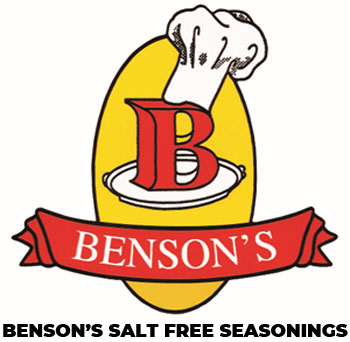Edema, also called Dropsy, is swelling of body tissues caused by excessive fluids often called water retention. It can be developed anywhere in the body, but is most often seen in the arms, hands, legs, ankles, and feet. Dropsy can result from a wide range of factors. It has minor triggers such as sunburn or certain medicines or foods, and serious medical triggers like liver and kidney diseases, heart failure, or lymphatic system blockages. A diet high in salt not only contributes to heart, liver, and kidney problems, it also causes water retention itself.
Swelling of the lower legs and feet is quite common, and usually not cause for concern. People who are older, overweight, or stand for long periods of time may experience incidents of painless swelling. Long car or airplane trips can cause swelling due to gravity. Swelling in your extremities is easily recognized by discomfort and unusual tightness of jewelry, clothing, or shoes.
Simple occasional inflammation should not be painful and should go away within a short time. The easiest way to help this process along is to keep the swollen area raised. Also make sure to keep mobile. This facilitates the natural fluid pumping processes of your body. Take breaks to stretch your legs when traveling. Avoid wearing anything that fits tightly on areas that swell. Drink lots of water.
For persistent symptoms, you may need to pursue stronger measures. Support stockings for circulation are available at drug and medical supply stores. And, of course, getting to and maintaining a healthy weight is crucial. Following a low sodium diet will cut down water retention, as well as aiding in heart, kidney, and liver health thereby reducing your risk for Edema. Call your doctor if none of these steps help, or if the swelling gets worse.
You should contact your doctor right away if you have heart, kidney, or liver disease and develop swelling or Edema. Your doctor will probably ask for a variety of tests for more information as to the cause and advise you to start a low sodium diet to reduce your body’s retention of fluids. To help flush excess fluids out of your system they may give you a diuretic, which is somewhat confusing as it is called a water pill. There are also many natural diuretics you should know about. A few of these foods include asparagus, beets, celery, cucumber, watercress, and coffee. Green tea has been used for centuries, as a natural diuretic.
Controlling your Edema by lowering your daily sodium intake is more complicated than just hiding the salt shaker. To reduce your sodium enough to effectively help reduce the swelling, you will need to drop down to levels even lower than the recommended daily allowance of roughly a teaspoon of salt. In order to achieve this goal you will need to become familiar with nutrition labels and not be afraid to scrutinize all foods, especially the foods you love.
Note: Watch out for low fat foods because many are high in sodium
Here are some general guidelines you can follow to help you lower your daily sodium intake.
- Avoid all foods smoked or barbequed, cured, canned, jarred, pickled, brined or salted.
- Avoid fast food, junk food, soft drinks, etc.
- Eat fresh or frozen fruits and vegetables (no salt added).
- Seek out salt-free snack foods.
- Use salt-free seasonings and salt substitutes.
By choosing to follow a low sodium diet you should notice fairly quickly the swelling and water retention go down and the signs of edema reduced.
